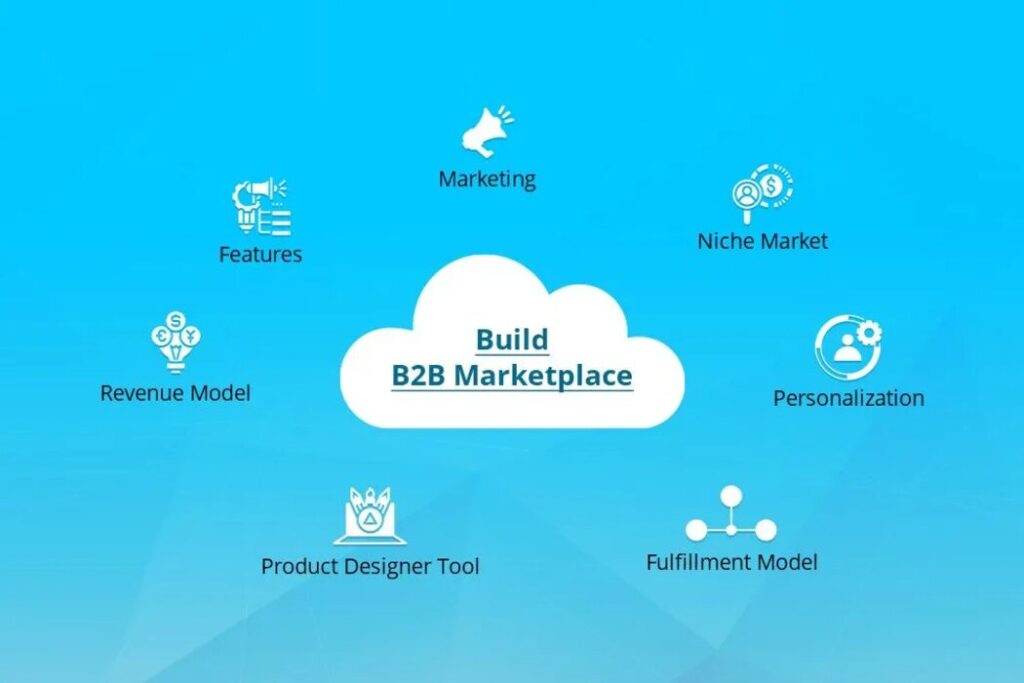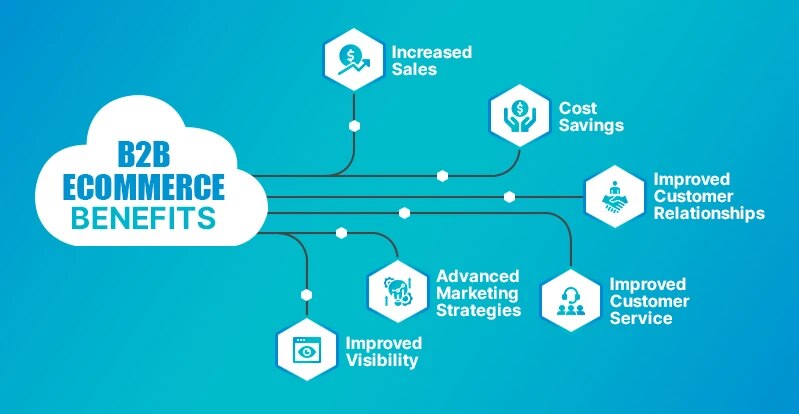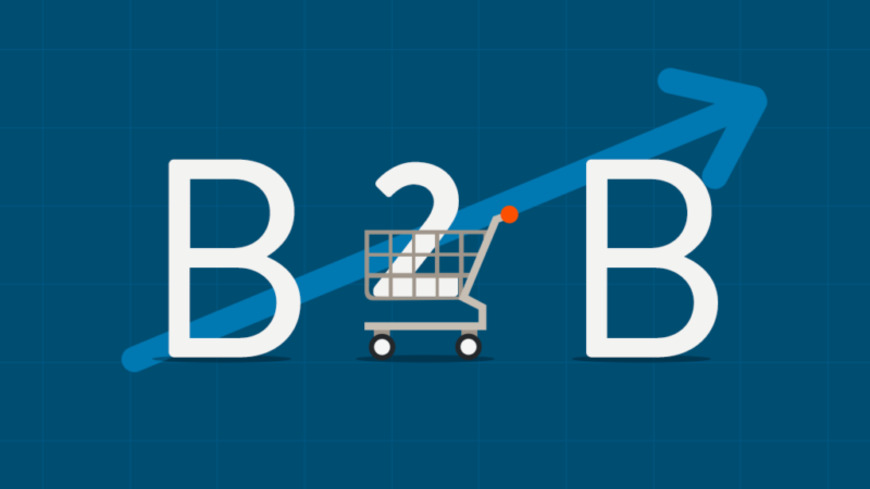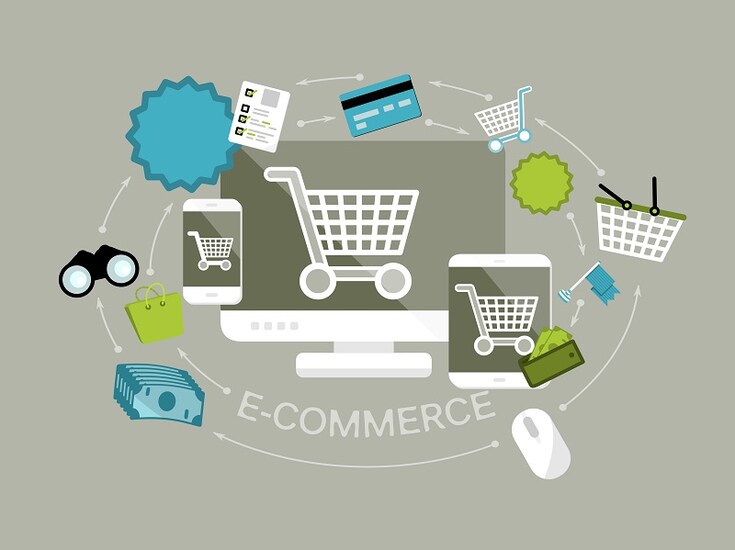B2B Ecommerce Marketplaces: The World Platform are Manufactured
B2B Ecommerce Marketplaces In today’s digitally driven world, B2B ecommerce marketplaces have revolutionized the way businesses operate. These platforms enable companies to buy and sell products or services online, fostering a seamless and efficient trading environment. Unlike traditional B2C marketplaces, B2B platforms cater to the specific needs of businesses, offering bulk buying options, customized pricing, and integrated supply chain solutions.
The Evolution of B2B Ecommerce Marketplaces
The evolution of B2B ecommerce can be traced back to the early 2000s when businesses began leveraging the internet to streamline their procurement processes. B2B Ecommerce Marketplaces Over the years, technological advancements have transformed these platforms into sophisticated ecosystems that support a wide range of business activities, from product discovery to transaction management.
Key Features of B2B Ecommerce Marketplaces

Bulk Purchasing and Volume Discounts
One of the primary advantages of B2B ecommerce marketplaces is the ability to handle large orders. These platforms are designed to support bulk purchasing, often offering volume discounts that make it economically viable for businesses to place large orders.
Customized Pricing and Negotiation B2B Ecommerce Marketplaces
Unlike B2C platforms where pricing is usually fixed, B2B marketplaces allow for customized pricing and negotiation. This flexibility ensures that businesses can secure the best possible deals tailored to their specific needs and budgets.
Advanced Search and Filtering
B2B ecommerce platforms are equipped with advanced search and filtering capabilities. These features enable businesses to quickly find the products or services they need, saving time and enhancing productivity.
Integration with ERP and Supply Chain Systems
Integration with ERP (Enterprise Resource Planning) and supply chain systems is crucial for the smooth operation of B2B marketplaces. This integration ensures that inventory levels, order processing, and logistics are managed efficiently, reducing the risk of errors and delays.
Benefits of B2B Ecommerce Marketplaces

Increased Reach and Market Penetration
B2B ecommerce marketplaces provide businesses with access to a global market. This expanded reach enables companies to penetrate new markets and attract a broader customer base, driving growth and revenue.
Improved Operational Efficiency B2B Ecommerce Marketplaces
By automating various business processes, B2B marketplaces enhance operational efficiency. Automated order processing, inventory management, and invoicing reduce the need for manual intervention, minimizing errors and freeing up valuable resources.
Enhanced Customer Experience
A seamless and intuitive user experience is critical for the success of B2B ecommerce marketplaces. Features such as personalized recommendations, easy navigation, and responsive customer support contribute to a positive customer experience, fostering long-term business relationships.
Challenges in B2B Ecommerce Marketplaces

Complex Pricing Structures
Managing complex pricing structures can be challenging in B2B marketplaces. Businesses often deal with multiple pricing tiers, discounts, and negotiated rates, requiring robust systems to ensure accurate pricing and invoicing.
Data Security and Compliance
Data security and compliance are paramount in B2B ecommerce. Companies must ensure that sensitive business information is protected and that their operations comply with relevant regulations, such as GDPR and PCI DSS.
Integration with Legacy Systems B2B Ecommerce Marketplaces
Integrating modern B2B ecommerce platforms with existing legacy systems can be a daunting task. Ensuring seamless data flow between different systems requires careful planning and execution to avoid disruptions in business operations.
Future Trends in B2B Ecommerce Marketplaces

AI and Machine Learning
The incorporation of AI and machine learning in B2B ecommerce marketplaces is set to transform the industry. These technologies can enhance product recommendations, optimize pricing strategies, and improve customer service through chatbots and virtual assistants.
Blockchain Technology
Blockchain technology holds significant potential for B2B ecommerce. By providing a secure and transparent way to track transactions, blockchain can help reduce fraud, ensure authenticity, and streamline supply chain processes.
Mobile Commerce B2B Ecommerce Marketplaces
With the increasing use of mobile devices in business transactions, mobile commerce is becoming a critical component of B2B ecommerce. Mobile-friendly platforms enable businesses to conduct transactions on the go, enhancing convenience and accessibility.
Strategies for Success in B2B Ecommerce Marketplaces
Invest in Technology
Investing in cutting-edge technology is essential for staying competitive in the B2B ecommerce space. Businesses should prioritize platforms that offer robust features, scalability, and integration capabilities.
Focus on Customer Experience
A positive customer experience is a key differentiator in B2B ecommerce. Companies should invest in user-friendly interfaces, personalized services, and responsive support to build strong customer relationships.
Leverage Data Analytics B2B Ecommerce Marketplaces
Data analytics can provide valuable insights into customer behavior, market trends, and operational efficiency. Businesses should leverage analytics to make informed decisions, optimize processes, and drive growth.
Conclusion
B2B ecommerce marketplaces are transforming the way businesses operate, offering unprecedented opportunities for growth and efficiency. By understanding the key features, benefits, and challenges, companies can effectively navigate this dynamic landscape and achieve success.
Visit Here: Ecommerce Business Shopify

